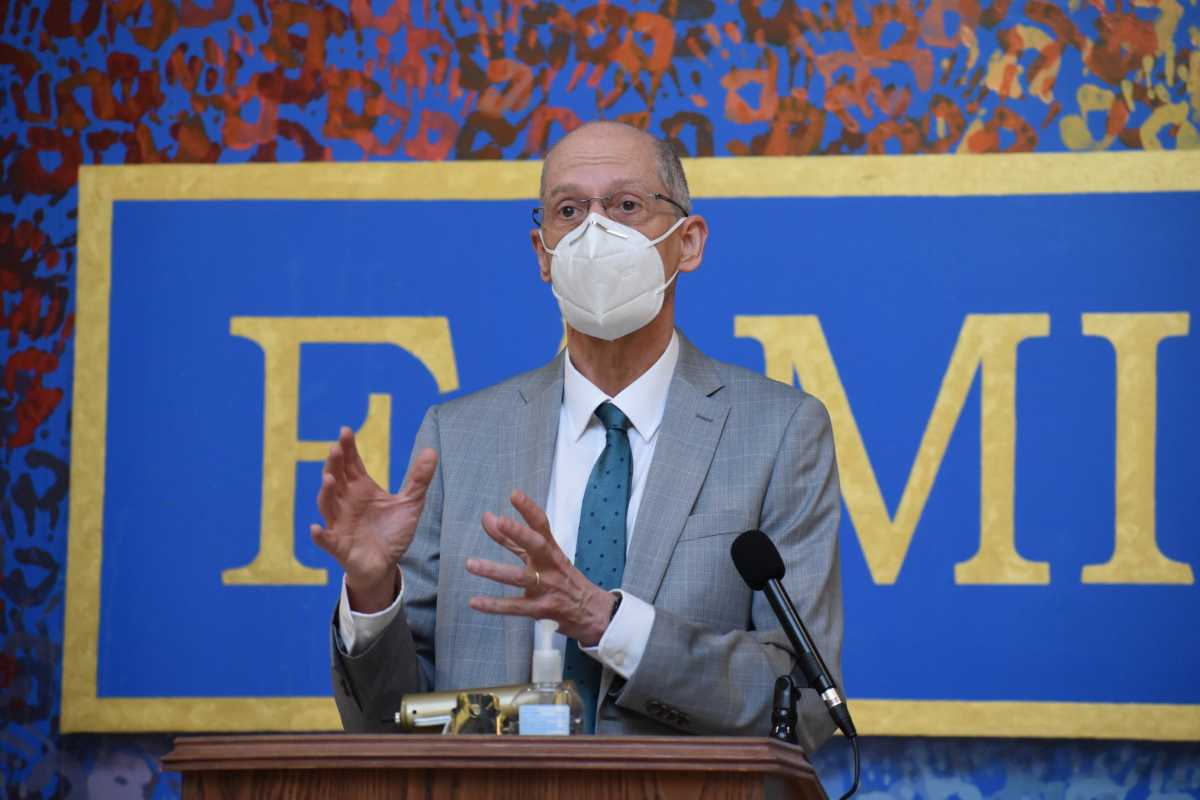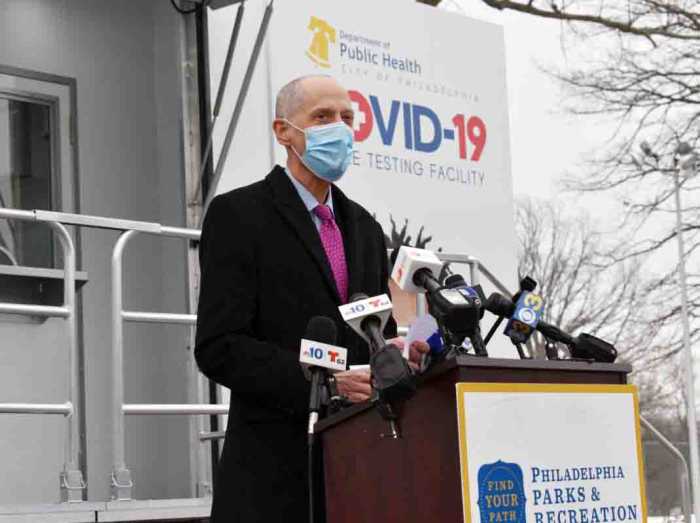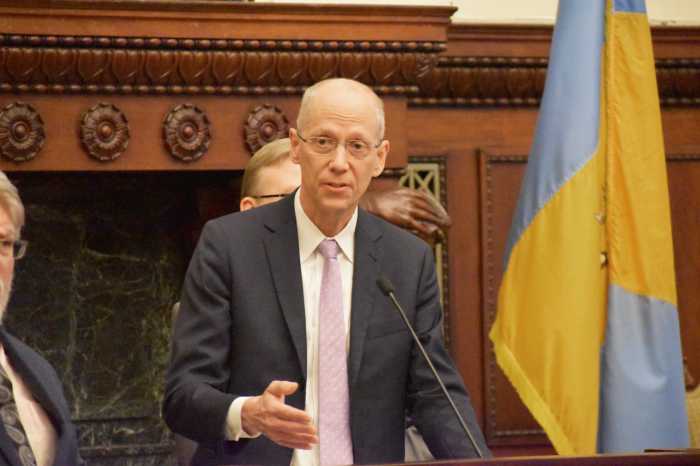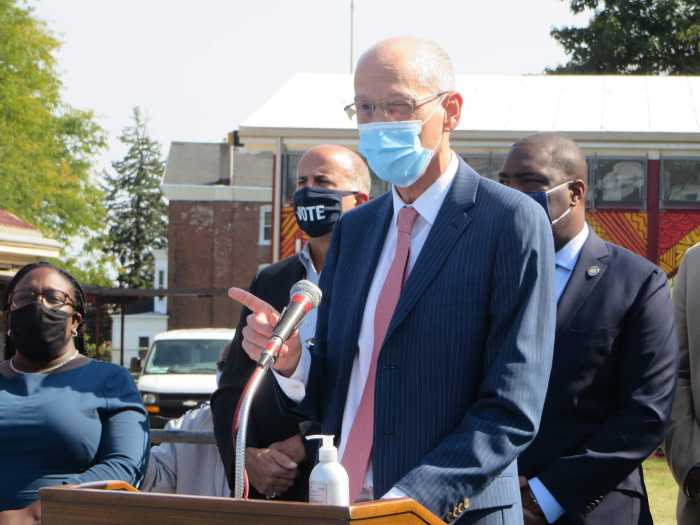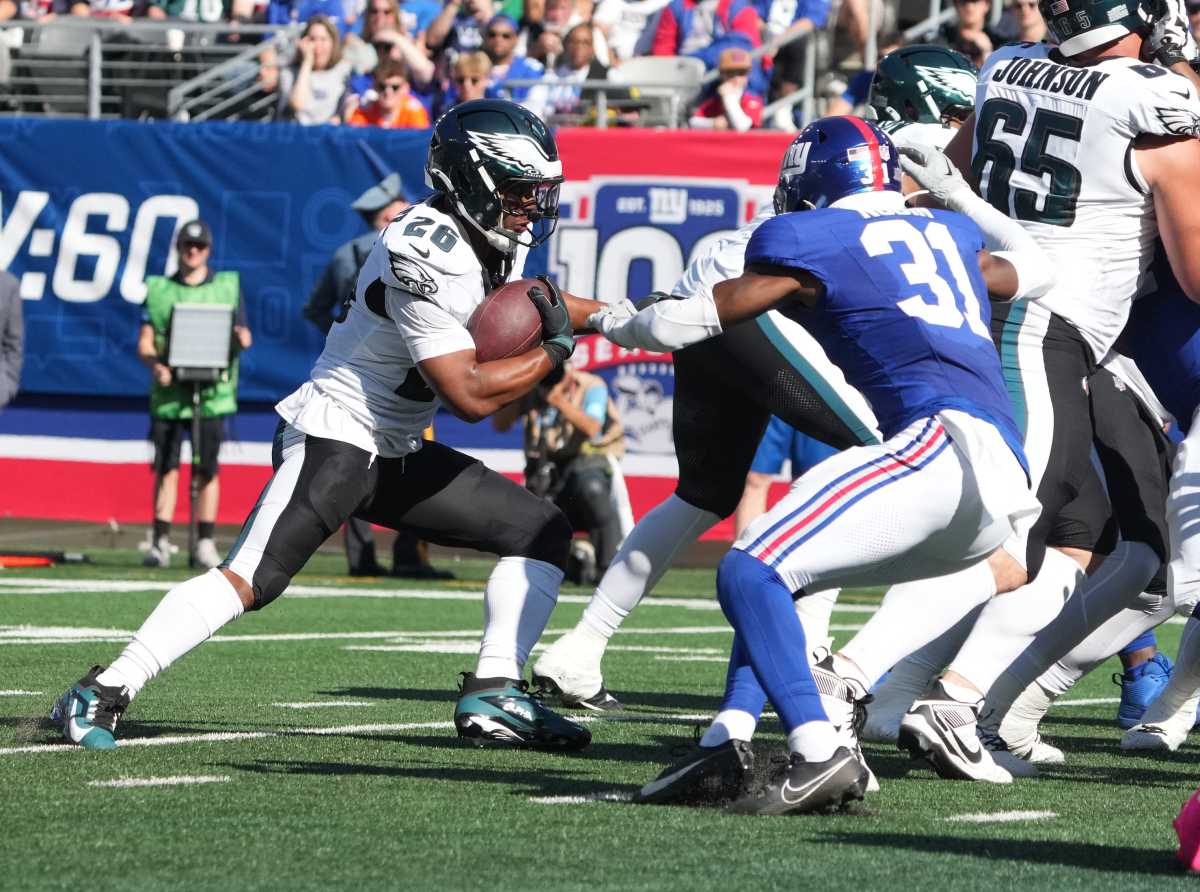New coronavirus regulations go into effect Monday in Philadelphia, easing limitations on theaters, churches and stores.
Health Commissioner Thomas Farley said Friday that the changes represent “a step closer to us returning to normal” and bring the city’s procedures more in line with state mitigation efforts.
Sports teams will be permitted to admit fans into their stadiums, but don’t expect to buy a ticket to a Sixers or Flyers game, at least not yet.
Large indoor venues, like arenas, will be capped at 500 people, and representatives from the Wells Fargo Center said it would be impossible to accommodate players, coaches, staff and spectators at that number.
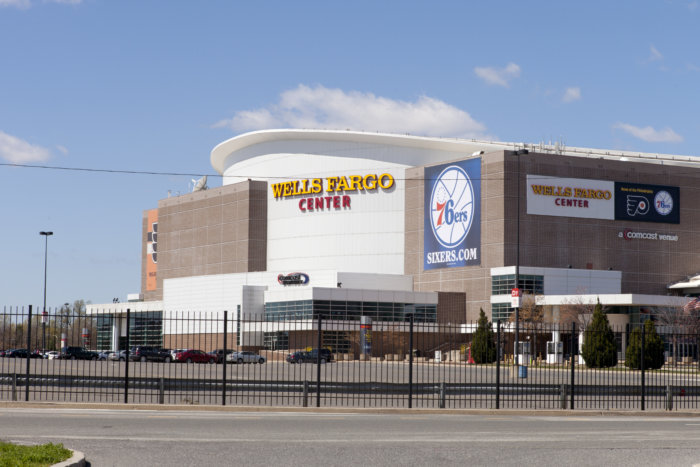
Action would need to come from Gov. Tom Wolf to alleviate that issue, city officials said. They have maintained that the city can be more strict, but not more lenient, than Pennsylvania.
Open-air stadiums, such as Citizens Bank Park, have a max capacity of 2,500 people under the state guidelines.
Senior centers, which have been shuttered for nearly a year, will be allowed to reopen in Philadelphia, provided everyone wears a cloth and surgical mask or one KN95 mask. No more than 25 people should be in a single room at a time, Farley added.
For retail shops and religious institutions, occupancy is being boosted from 10 to 20 people per 1,000 square feet.
Following state regulations, indoor venues can host 10% of their maximum capacity if they have less than 2,000 seats and 5% if they have more than 2,000 seats, with an absolute maximum of 500 people.
Outdoor events are restricted to 15% capacity with a 2,000-person occupancy, 10% if the occupancy is between 2,000 and 10,000, and 5% if the occupancy exceeds 10,000, with a cap of 2,500.
Theaters, for the first time, can serve food and drink, officials said.
There will be a 100-person cap on outdoor catered events, such as weddings, and indoor catered events remain prohibited, Farley said.
Earlier this month, restaurants were allowed to expand from 25% to 50% capacity indoors if they met certain ventilation standards. Under the rules going into effect Monday, they may also seat up to six people outside.
In July, the city stopped issuing permits for special events, like parades and festivals, and that moratorium was due to end March 1. However, officials said the deadline will be pushed back to March 15, with more details in the coming weeks.
Farley cited declining COVID-19 case numbers and an increase in vaccinations as the primary reasons for the decision to loosen protocols.
Nearly 200,000 people have received at least one dose of coronavirus vaccine in Philadelphia, according to health department data.
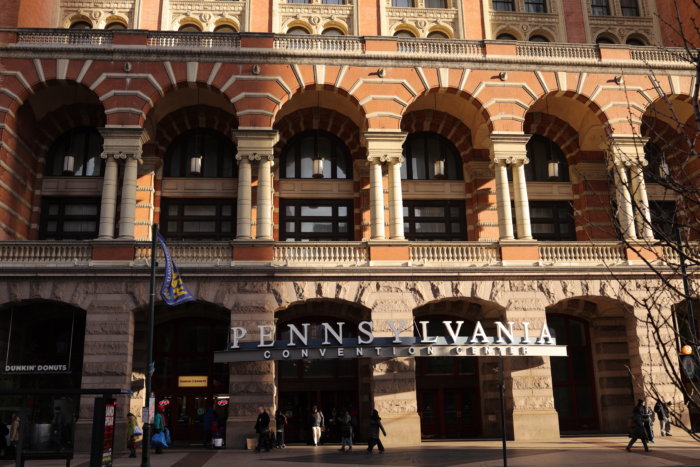
Johnson & Johnson’s one-dose coronavirus inoculation received federal authorization Saturday, and officials in Philadelphia expect to receive an initial 13,000-dose shipment.
However, following that first delivery, Farley the city may go about three weeks without receiving another J&J shipment, based on information relayed by the federal government.
“Over the long-term, I’m hoping the number of doses increases, but it will be just a small number of doses that we will be getting initially,” he said Friday.
In domestic trials, J&J’s injection was 72% effective at preventing moderate-to-severe symptoms, and there were no COVID-19-related hospitalizations or deaths. Vaccines produced by Pfizer-BioNtech and Moderna have a reported effectiveness of about 95%.
Farley said the J&J doses, at the start, will go to hospitals and clinics. Primary care doctors will be talking to their patients to determine if the J&J shot is the right vaccine for them, he said.
Meanwhile, a massive inoculation site overseen by the Federal Emergency Management Agency is scheduled to open this week at the Pennsylvania Convention Center.
Capable of disbursing 6,000 doses a day, the center will be open from 8 a.m. to 8 p.m. seven days a week, and 222 U.S. Marines are arriving in Philadelphia to support the site.
About 42,000 doses a week will be funneled through the Convention Center — all in addition to the city’s weekly allocation. Officials have noted that it will allow Philadelphia to essentially double its vaccination output.
The location will be appointment-only, and people will be contacted through the city’s vaccine interest form at phila.gov/vaccineinterest.



